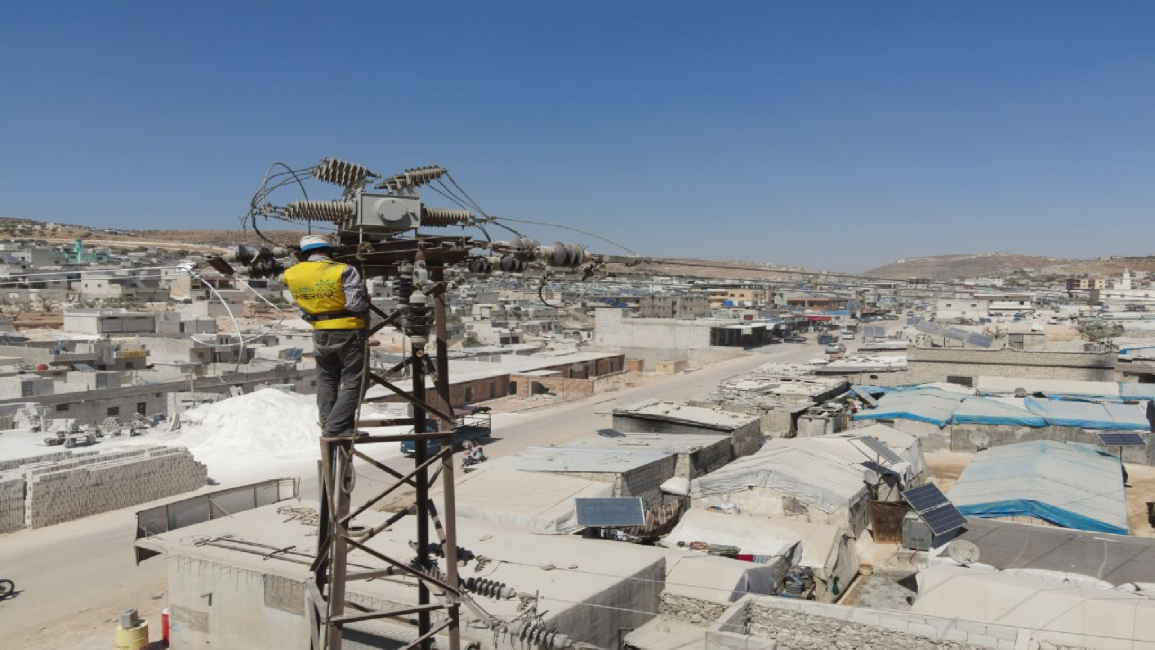Syria continues to lift subsidies as new fuel, gas prices announced
The Syrian regime continued to raise fuel and gas prices Tuesday as part of its plan to gradually lift energy subsidies amid a worsening socio-economic crisis in the war-torn nation.
Syria's ministry of trade and consumer protection announced the new prices of domestic and industrial gas on Tuesday, which the energy ministry said would go into effect immediately.
The price of one ton of fuel rose by 1,000 Syrian pounds (40 cents) last month, while the price of 1 litre of diesel for domestic use rose from 170 to 500 SYP (7 to 20 cents) last week.
A gas cylinder for homes now costs 30,000 SYP ($11.94).
While the official exchange rate is 2,512 SYP to the dollar, the black-market rate is currently fluctuating at around 3,500 SYP to one USD. It was between 40 and 50 SYP before the war began in 2011.
The regime is increasingly unable to provide for the needs of its population, and subsidies have been stripped away in recent months. Syrians have complained that militias, foreign powers, and regime corruption are further stripping the country of its resources and piling costs on citizens.
Sources revealed to The New Arab’s sister site, Al-Araby Al-Jadeed, that new electricity tariffs would also come into effect on Tuesday in the capital Damascus.
These prices would be for domestic and industrial use.
The energy ministry claims the new measures aim to cut down wasteful spending.
In its 2022 draft budget, the regime decided to allocate 5.5 trillion SYP ($2.189 billion) for social support, mostly in the form of subsidies for food and fuel.
Syrian economist Hussein Jamil told Al-Araby Al-Jadeed that the increase in oil derivatives and electricity in Syria - and before that, the prices of essential foods such as bread, rice, and sugar - shows that the move to end subsidies will leave "citizens bearing the brunt".
Jamil added that rising energy prices will ultimately affect the cost of food items, placing an extra burden on Syrians.
The most recent assessment by the World Food Programme (WFP) revealed that 12.4 million Syrians are food insecure, the highest number ever recorded. The UN estimates that around 90 percent of the population lives below the poverty line.
The country has been ripped apart by conflict for a decade - mostly due to the regime's brutal offensives - forcing millions to become displaced and killing at least half a million people according to unofficial numbers.



